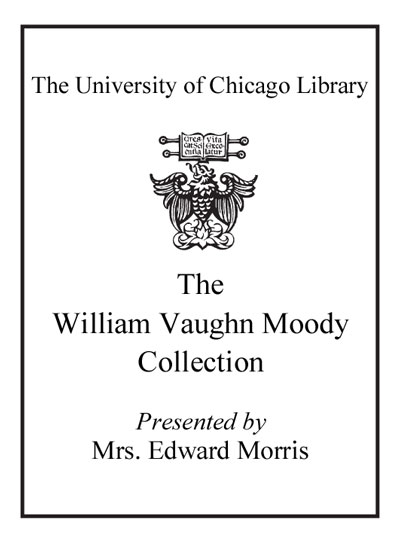Review by Booklist Review
Set against the backdrop of the great Chicago fire, the rebuilding and resurgence of the city, and the ensuing excesses of the Gilded Age, this historical novel has all the requisite features of an irresistible page-turner. A plucky, independent heroine is firmly entrenched at the core of the narrative, while her paramour walks straight out of the pages of history into this fictional account of a pair of real-life star-crossed lovers. Sparks fly in more ways than one when entrepreneur Marshall Field meets Delia Spencer. Though married to others, their passion survives through the years as Field mounts an aggressive campaign to give the lady what she wants, transforming his dry goods business into that glittering mecca to merchandise, the legendary Marshall Field & Company Department Store. The romance should sell itself; otherwise, shop to Chicago-history buffs and fans of Mr. Selfridge.--Flanagan, Margaret Copyright 2014 Booklist
From Booklist, Copyright (c) American Library Association. Used with permission.
Review by Kirkus Book Review
Rosen's second paean to the Second City (after Dollface, 2013) is a fictional biography of the "Merchant Prince" Marshall Field, told from the point of view of his mistress.Delia "Dell" Spencer, daughter of Franklin Spencer, one of Chicago's wealthiest purveyors of dry goods, seems destined to love her father's rival Marshall "Marsh" Field, founder of the iconic (and now defunct) department store that bore his name. The couple first meets at a ball celebrating the opening of Chicago's equally iconic Palmer House, when Dell is 17 and Marsh, 37. That very night, the Great Chicago Fire of 1871 destroys the entire city, including Spencer's and Field's stores, the Spencer mansion and the Palmer House. By being the first to reopen, Marsh forever captures the hearts and wallets of Chicagoans. Five years later, Dell makes what her social set considers a sterling marriage to wealthy Arthur Caton. Dell hopes for more of her husband's attention while gradually realizing the unmistakable (and at times not very convincing) appeal of Marsh, whose Prairie Avenue mansion's backyard abuts the Caton abode. When Arthur sinks into depression and alcoholism after his best friend Paxton marries, Dell realizes that he prefers men, and she and Arthur enter into a threesome of sorts with Marsh. With Arthur's consent Marshall and Dell conceive a child, but thanks to a push down a staircase from Marshall's vindictive wife, Nannie, Dell loses both the child and her ability to have children. Dell evinces almost no internal conflict over her affair (love justifies all is her constant refrain), and her smug sense of entitlement belies the strong character with which the author is at great pains to imbue her. Efforts to paint Nannie as the villain backfire since Dell can garner no reader sympathy. If Rosen's intent was to portray Marshall Field in all his flawed complexity, it was not served by her choice of narrator. Copyright Kirkus Reviews, used with permission.
Copyright (c) Kirkus Reviews, used with permission.
Review by Booklist Review
Review by Kirkus Book Review

